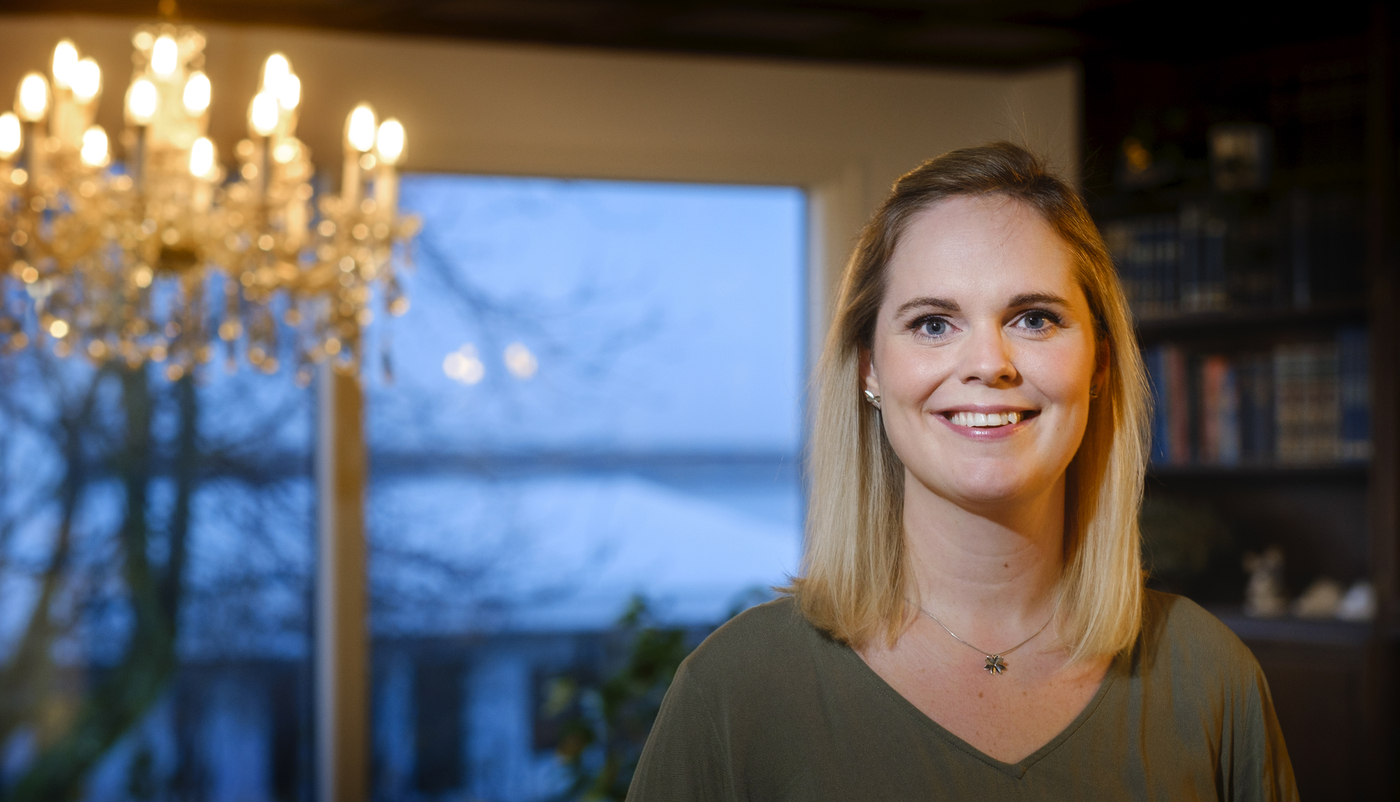Good sleep is immensely important as it is considered one of the main pillars of good health and well-being, along with good nutrition and physical activity.
People who have not slept enough frequently experience daytime sleepiness,which can have multiple effects on their health, as well as reducing quality of life and productivity. Lack of sleep can, furthermore, diminish focus and reflexes and even cause distortion of the senses. Not enough sleep can in some instances affect peoples temper. There is thus much to gain by analysing the problems causing daytime sleepiness and finding ways to improve sleep and minimising the perils to peoples' health.
"In my work as a ward doctor at the Landspítali University Hospital and in my specialization in general practice I was surprised to see how common sleepiness is and the difficulties it can cause. Research on daytime sleepiness have nonetheless been limited and mostly connected to sleeping disorders. The effect of other diseases or life style such as diet and physical activity have hitherto been considered but are, nonetheless, likely to have an impact."
This says Elín Helga Þórarinsdóttir on the motives behind her doctoral research at the University of Iceland's Faculty of Medicine. Her project is called Daytime sleepiness as a burden - in relation to state of health and lifestyle (Íþyngjandi dagsyfja – tengsl við heilsufar og lífsstíl). In it Elín Helga looks at peoples' diet and how much they exercise.
Daytime sleepiness increases the risk of accidents
Elín has an avid interest in sleep research and its connection to health and well-being. She is currently working on her specialisation as GP in addition to working on her doctoral thesis. She would like to add knowledge in this field to be used in the work of GPs in Iceland and abroad.
Elín Helga says the causes of daytime sleepiness and the complex interplay between sleepiness, diseases, medication, exercise, lifestyles and even diet are largely unknown.
"Daytime sleepiness considerably increases the risk of car or work-related accidents and influences studying and working capacity. Thus it affects public health. Iceland provides unique circumstances to study daytime sleepiness as the foundation has already been laid with extensive sleep studies in a global context led by Þórarinn Gíslason, professor at the University of Iceland and MD at the Landspítali University Hospital."
Poorer quality of life for those suffering from daytime sleepiness
Peer reviewed articles based on Elín Helga's research have already been published. In them it was shown that the methods evaluating sleepiness are important. "Using only the traditional Epworth sleepiness scale estimating the chances of dosing off or falling asleep creates a risk of not diagnosing a large part of individuals who experience real daytime sleepiness without dozing off or falling asleep," says Elín Helga. It was also revealed that daytime sleepiness in a general cohort is connected to sleep disorders, restless legs syndrome, and poorer quality of life. The article was published in the Journal of Sleep Research last year.
"I am currently finishing an article on the characteristics of patients with sleep apnea who continue to be sleepy despite the treatment for sleep apnea. Next," says Elín Helga, "I will study the effect of exercise and diet on daytime sleepiness, including the effect of foods containing simple carbs."
Elín Helga's supervisors in this project are Thor Aspelund, professor of biostatistics at the University of Iceland's Faculty of Medicine, Christer Janson, professor at the University in Uppsala, along with Jóhanna E. Torfadóttir, nutrition and public health scientist at the University of Iceland, Helga Ágústa Sigurjónsdóttir, clinical professor at the University of Iceland's Faculty of Medicine and endocrinologist at the Landspítali University Hospital, and Samuel T. Kuna, professor at the University of Pennsylvania.




